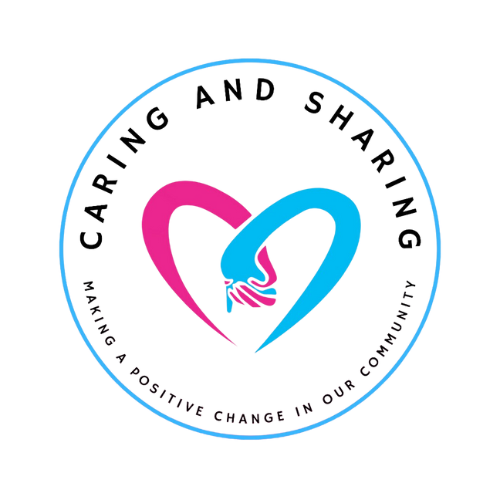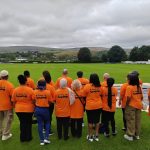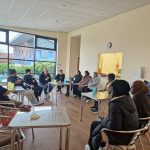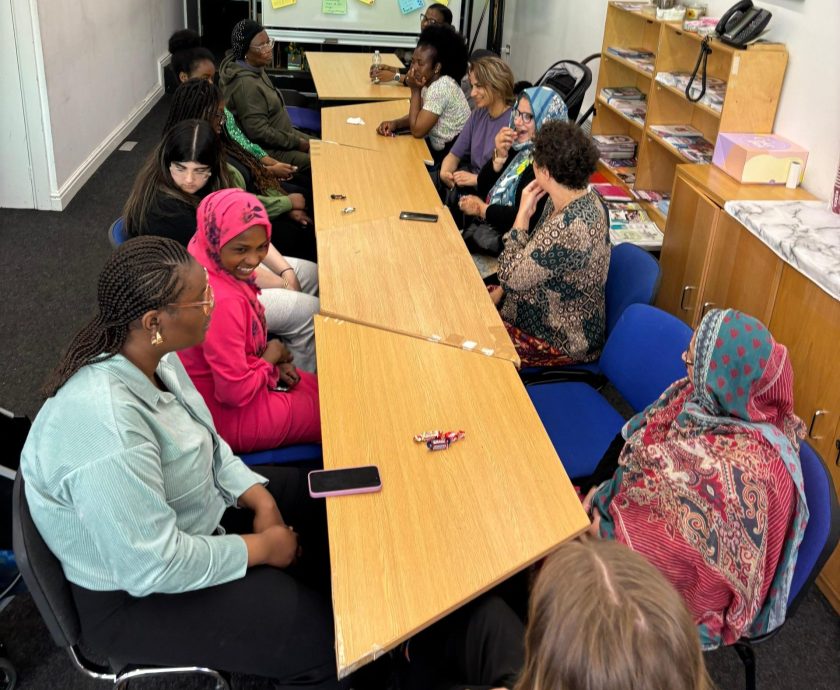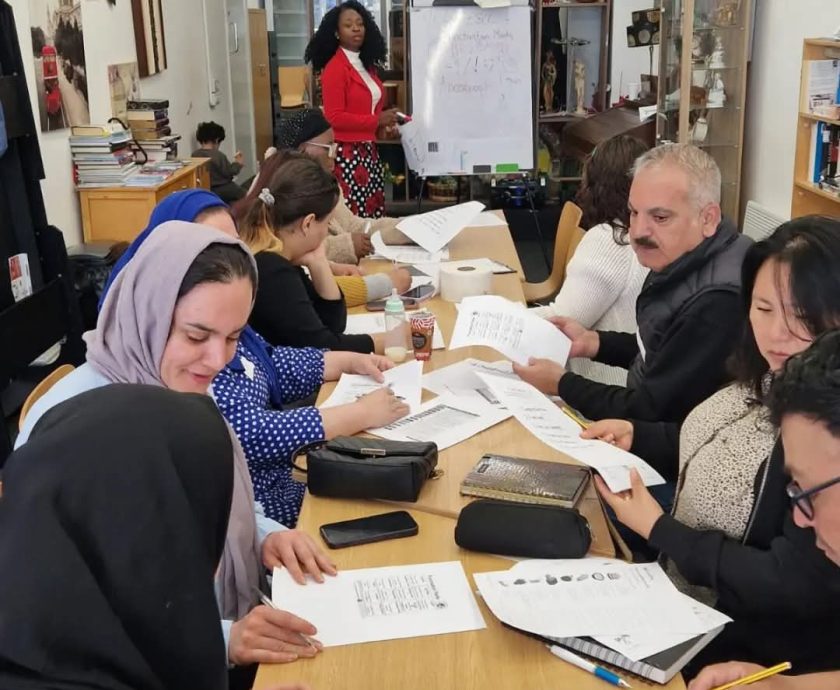The cost of living crisis is hitting marginalized communities in Rochdale hard. While this is a global issue, the experiences in Rochdale highlight the urgent need for action, particularly in areas already facing systemic inequality. The financial strain caused by rising costs is deepening existing vulnerabilities, and without intervention, the impact will only worsen.
Decades of systemic inequality have left marginalized communities in Rochdale vulnerable to economic fluctuations. The cost of living crisis has worsened these existing imbalances:

i. Food poverty: Families struggle to access basic necessities like food, leading to widespread hunger and malnutrition. Between April 2022 and March 2023, 14,683 food parcels were given out in Rochdale, a 47% increase from the previous year (Trussell Trust).
ii. Housing insecurity: Rising rents and evictions leave many without a roof, forcing them into overcrowded and unhealthy living shelters. In Rochdale, 34.6% of households live in poverty, compared to the national average of 22.8% (End Child Poverty Coalition, 2022).
iii. Mental health crisis: Poverty’s stress and anxiety take a devastating toll on mental health, with many struggling to access support services. A staggering 75% of people in Rochdale experiencing mental health issues report worsened mental health due to financial difficulties (Rochdale Borough Council’s Poverty Reduction Strategy, 2022).
v. Loss of hope: As opportunities decrease and hardships mount, marginalized communities lose faith in building a better future.
Behind the statistics, real people struggle to survive in Rochdale. Single mothers work multiple jobs, only to find themselves unable to afford basic necessities. Families choose between heating homes or feeding children. The elderly struggle to access essential healthcare due to crippling costs.
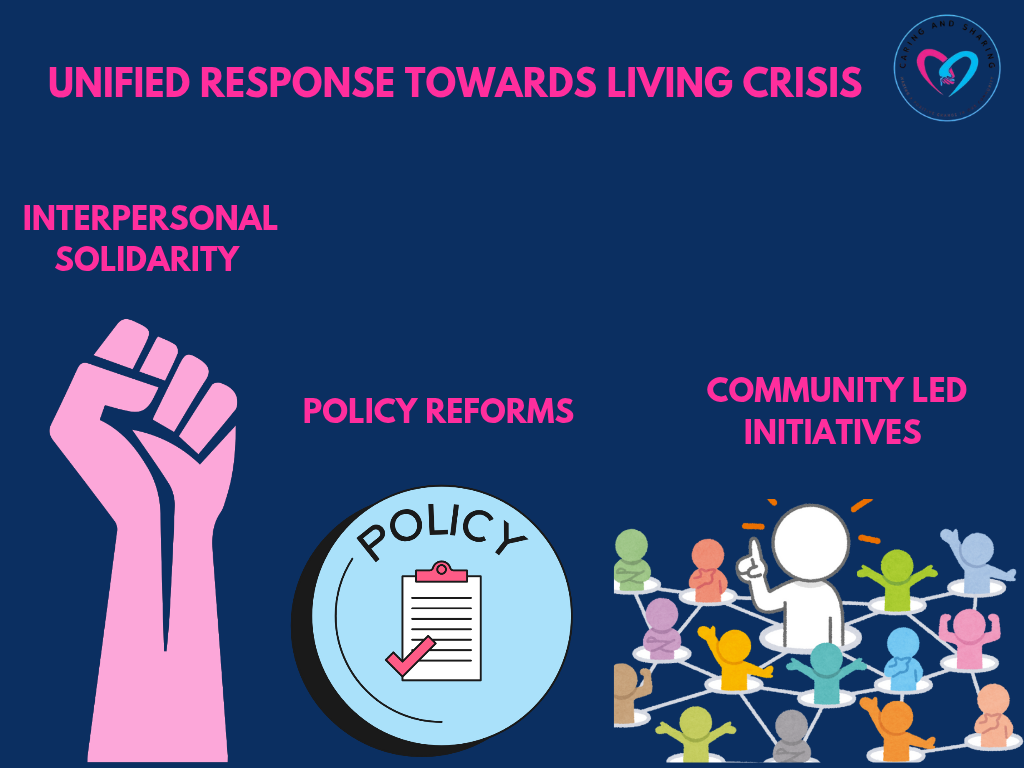
These stories demand urgent action. The cost of living crisis requires a unified response:
i. Policy reforms: Implement policies addressing inequality’s root causes, such as affordable housing, living wages, and accessible education.
ii. Community led initiatives: Support grassroots organizations providing essential services and advocating for marginalized communities.
iii. Interpersonal solidarity: Foster empathy and understanding by sharing marginalized communities’ stories and struggles.
Reclaiming Hope, Rebuilding Futures
The cost of living crisis reminds us of the work remaining. By acknowledging complexities and working together, we can:
i. Amplify marginalized voices: Center their stories in policy discussions and public discourse.
ii. Foster inclusive recovery: Prioritize marginalized communities’ needs in economic recovery efforts.
iii. Rebuild with equity: Create a just and equitable society where everyone accesses resources and opportunities.
Rochdale’s struggles are a reflection of larger, global issues. By recognizing and addressing these challenges, we can work towards creating a just and equitable society. Share the stories of those in Rochdale to amplify marginalized voices everywhere and work towards a more just society. Together, we can rebuild hope and create a brighter future for marginalized communities in Rochdale and beyond.
